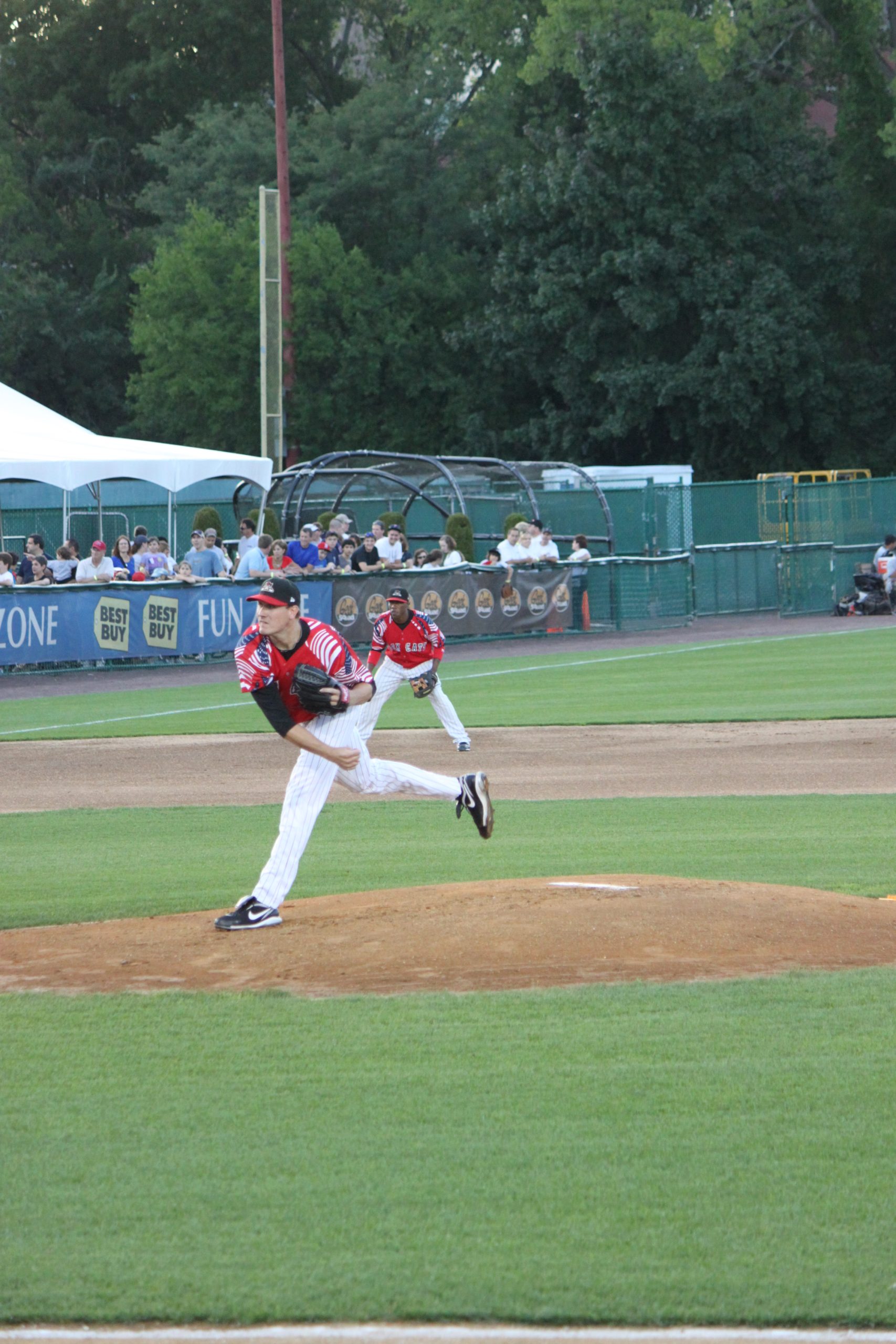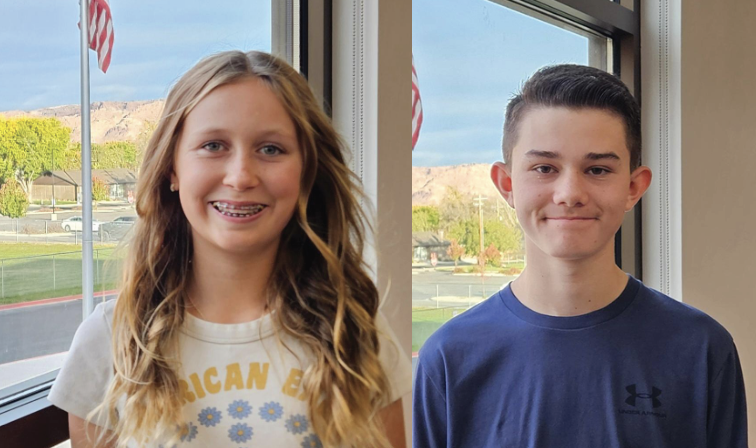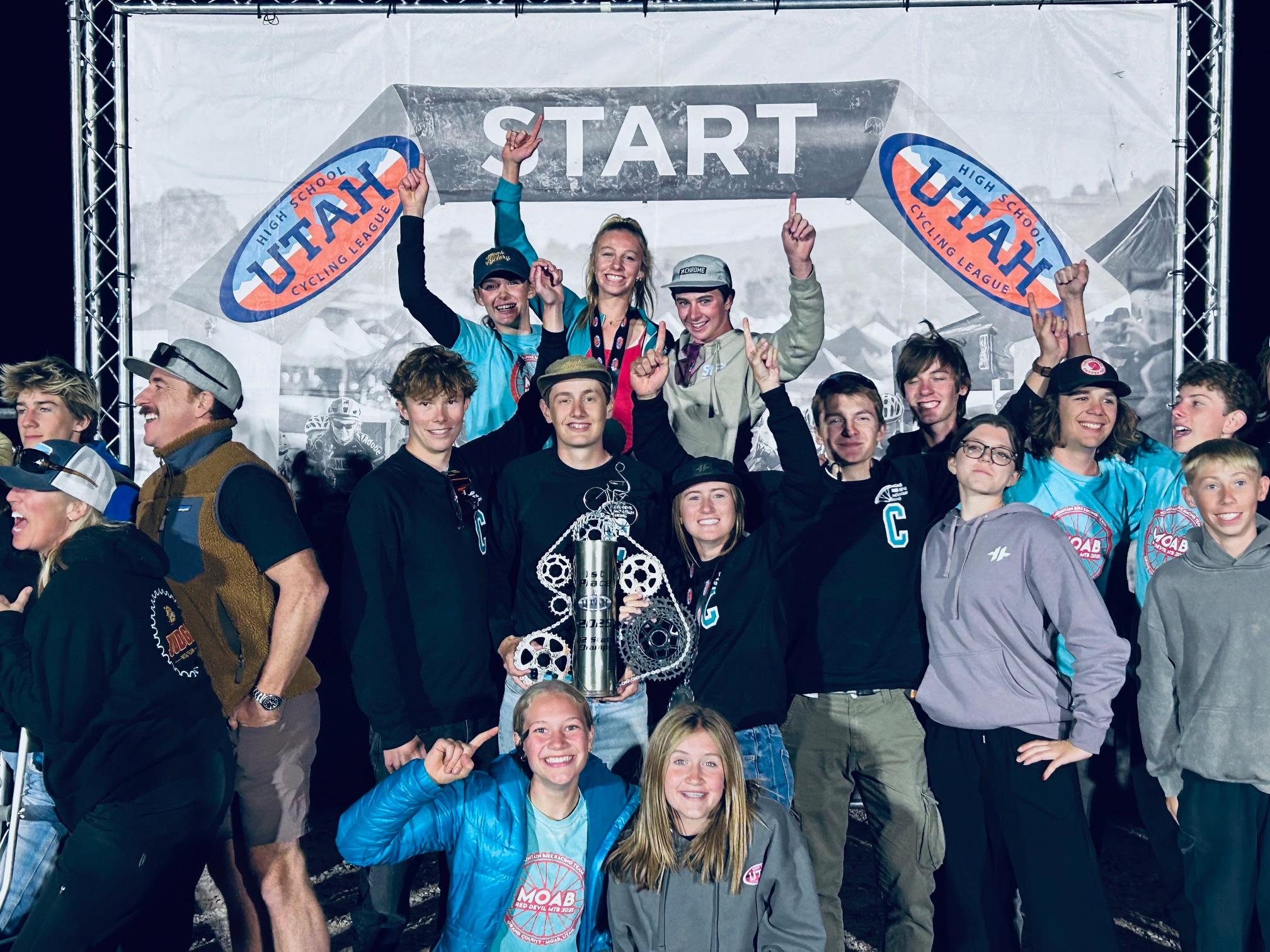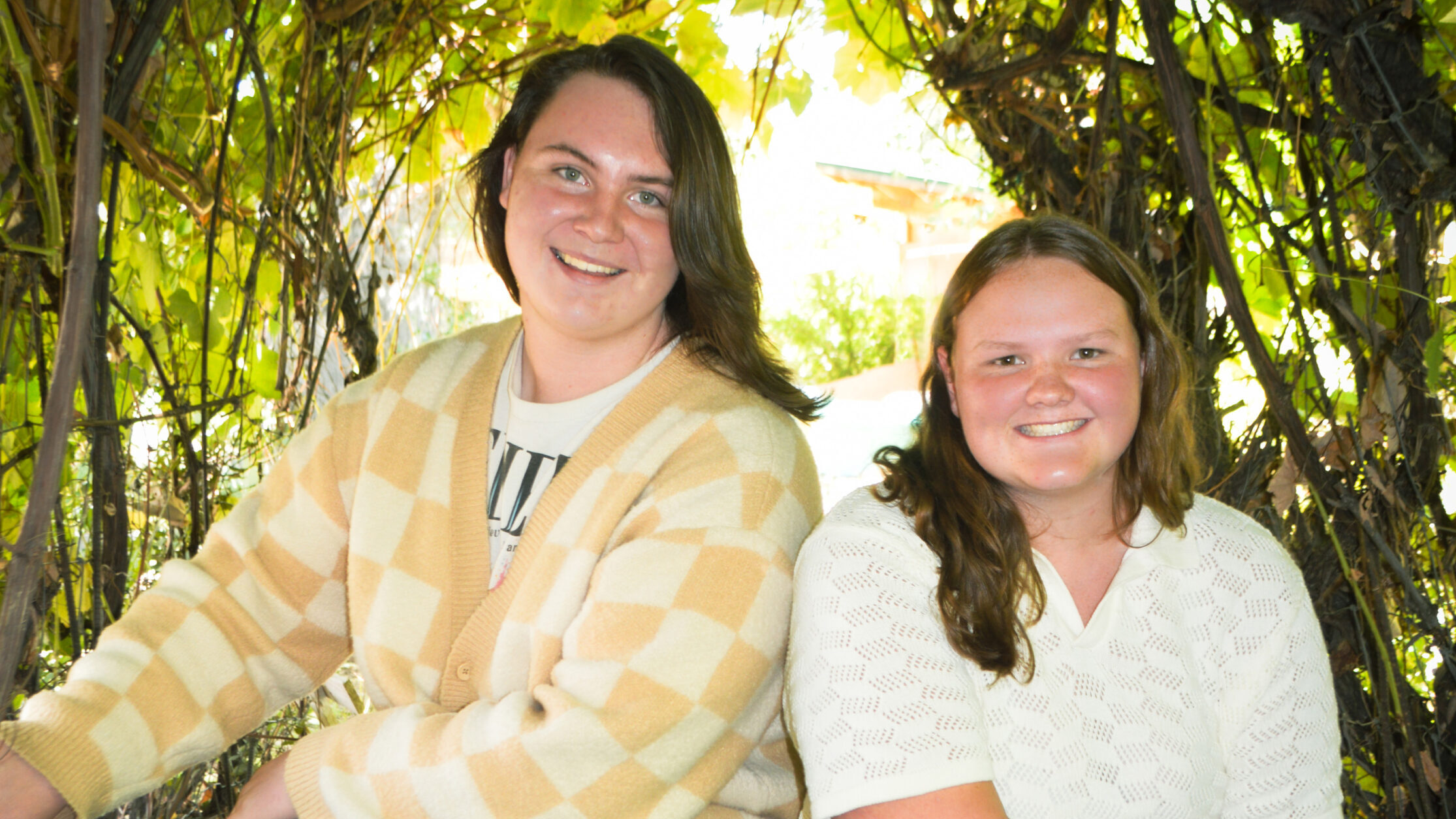Some information may be outdated.
After a six-year professional baseball career in which he advanced as far as Triple-A in both 2010 and 2012, 2004 Grand County High graduate and Steven Hirschfeld called it a career and came back home.
Hirschfeld, who featured a four-seam fastball which varied between 87 and 92 miles per hour as a starter and a little higher as a reliever, a two-seam fastball, slider and changeup, was drafted in the 29th round of the amateur draft in 2004 by the Montreal Expos (now the Washington Nationals) right out of high school. A year later he was drafted in the 25th round by the Colorado Rockies before finally signing with the Minnesota Twins after being drafted in the ninth round in 2007.
He played three years of collegiate baseball, two at the Community College of Southern Nevada and one at San Diego State University, where he was coached by hall-of-famer Tony Gwynn, one of the best hitters in the history of baseball and the 22nd of 28 players to reach 3,000 hits in Major League Baseball.
Hirschfeld said he learned a lot from Gwynn, despite being a pitcher.
“Playing for him was way cool,” Hirschfeld said. “Tony was an awesome guy and good mentor of the game. As a pitcher you learn just as much from hitting coaches as you do from pitching coaches because they’re the hitter and they tell you what they’re thinking.”
Hirschfeld left SDSU after his junior season to play professional baseball. He said he skipped his senior year because he had more negotiating power as a junior because if the Twins’ offer wasn’t what he thought he deserved, he could return to college, but as a senior coming out it would have been ‘take it or leave it.’
His only year at San Diego state was also 2009 No. 1 overall draft pick Stephen Strasburg’s freshman year. Hirschfeld said when Strasburg came to San Diego State he wasn’t anywhere near expected to be the star he is today.
“People knew who he was, but he wasn’t considered a big-time prospect,” Hirschfeld said of Strasburg. “In college he was just an average guy who had never been in an organized program that was all about baseball all of the time. When he first came in, I don’t think he had ever lifted a weight before; he was looking at the bench press bar and didn’t know how to do it.”
Hirschfeld said fame and success didn’t change Strasburg at all.
“He’s a really good guy and we still communicate,” Hirschfeld said. “He’s very down to earth and quiet. He could come here and sit down with us and you’d never know he was any different.”
Hirschfeld made his professional debut in 2007 for the Elizabethton Twins of the rookie-level Appalachian League, where he posted a 1-2 record and a 4.26 earned run average in eight appearances. He played the entire 2008 season with the Beloit Snappers in low-level Single-A play , going 10-5 with a 3.30 ERA in 31 appearances, 16 of which were starts. He was selected as a Midwest League mid-season All Star.
After his strong 2008 season, he advanced to play for the Ft. Myers Miracle in high-level Single-A for the 2009 season, going 7-7 with a league-second-best 2.23 ERA He led the league in Whip (walks plus hits per inning pitched) with 1.06.
He was selected a minor-league all star for a second consecutive time. He had an injury-plagued 2010 season, spent mostly in Double-A playing for the New Britain Rock Cats. He made his first Triple-A appearance that year, earning a no-decision in his only start with the Rochester Red Wings, pitching six innings and giving up three runs.
Entering the 2011 season, he said he had the best confidence of his career and felt like he could get anybody out. He spent the entire season with the Rock Cats, going 8-8 with a 3.73 ERA in the 30 appearances. He spent most of the 2012 season with the Rock Cats, going 8-9 with a 4.44 ERA. He also made six appearances for the Red Wings, going 1-3 with a 7.07 ERA.
His contract was due to expire in December 2012, but Minnesota released him shortly before Thanksgiving to give him a better chance of signing with another team before Spring Training. He said he believes his inconsistent play in Triple A was a contributing factor to his early release.
“I had some good outings and I had some terrible outings,” he said. “In Triple A you’ve got to be consistent.
“It was nice of them to let me out of my contract early so I could look elsewhere, especially because I wasn’t going to them either way. I had some bad feelings about being told one thing was going to happen, then having another thing happen,” Hirschfeld said. “I put up better numbers than many of the other pitchers in the organization, but they made more money than me so they got more opportunities to move up and succeed.”
Hirschfeld said he felt held back by the business side of baseball.
“Baseball is all about business; They don’t care about your feelings,” he said. “If they’ve got money invested in you, you’re going to get more opportunities. You could outplay someone, but if the team has a greater investment in them, they’ll still get more chances.”
Hirschfeld said he wanted to progress, rather than sit idle in Double A so he told his agent he wouldn’t play unless he was offered a spot in Triple A.
“I told my agent I was either going to Triple A or not playing,” he said. “I want to make good money doing it and play the highest level. I’m 27 years old, which is old in baseball for someone who hasn’t made it to the big leagues.
“When you’re in Triple-A, you’re just waiting for a phone call,” he said. “Everyday you go to the ballpark with a purpose. You’ve got to lift, you’ve got to run, you’ve got to take care of your body. You’ve got to treat every day like ‘tomorrow the phone could ring.’ I felt like I was close. I was ready for my shot.”
Hirschfeld said another factor that contributed to him hanging it up is the grind and time away from home that professional baseball demands.
“All the time people ask me ‘why’d you quit baseball?’,” he said. “People don’t understand what goes in to playing minor league baseball. When you leave, you don’t come home. The only time you’re allowed to come home is when there’s a death in the family. It’s a mental grind and there’s days you just want to break down. ”
Hirschfeld, however, said he also has some fond memories of his baseball career.
“My family being able to come out and watch me in Triple A was awesome,” he said. “They surprised me when I got called up and showed up for my start the next day. Pitching in a big ballpark, looking up and seeing my family is a great feeling.”
Some of Hirschfeld’s fondest baseball memories are from high school, where he was a two-time Deseret News first-team All-Stater.
“I think about those days a lot,” he said. “They’re a long ways away, but don’t seem so long for me. Junior year pitching against Juan Diego for the state title, senior yer I wonder what would have happened if we were all healthy, would we have been able to beat Juan Diego that year.”
Hirschfeld works for family-owned Riverside Plumbing and Heating today and said he has no current plans to return to college and complete his criminal justice degree.
“I’ve thought about it,” he said. “It’s in my contract that Major League Baseball will pay for me to finish college for up to 10 years, but I haven’t gone back for the simple fact that now I’m working for my dad and I’m home for once in about 10 years. It’s hard for me to up and leave to San Diego for a year.”
Hirschfeld said despite the ups and downs of professional baseball, he enjoyed his time in the game.
“It was a fun ride to say the least,” he said. “I feel like I gave it everything I had and didn’t quite make it to big leagues, but I’m not sad about it. I got to see a lot of the states and live in some cool places. ”
Hirschfeld said he has been approached about coaching at various levels, but doesn’t plan to do it any time soon, noting that he needs some time away from baseball, and rarely talks about the game at all since he’s been home.
“I try to avoid some people because that’s all they want to talk about,” he said. “My buddies know about my baseball career and we don’t talk about it. I don’t even talk baseball with my dad. The only thing I do now baseball-wise is help little kids when they ask me. I can never say no to a kid.”
Appreciate the coverage? Help keep local news alive.
Chip in to support the Moab Sun News.





